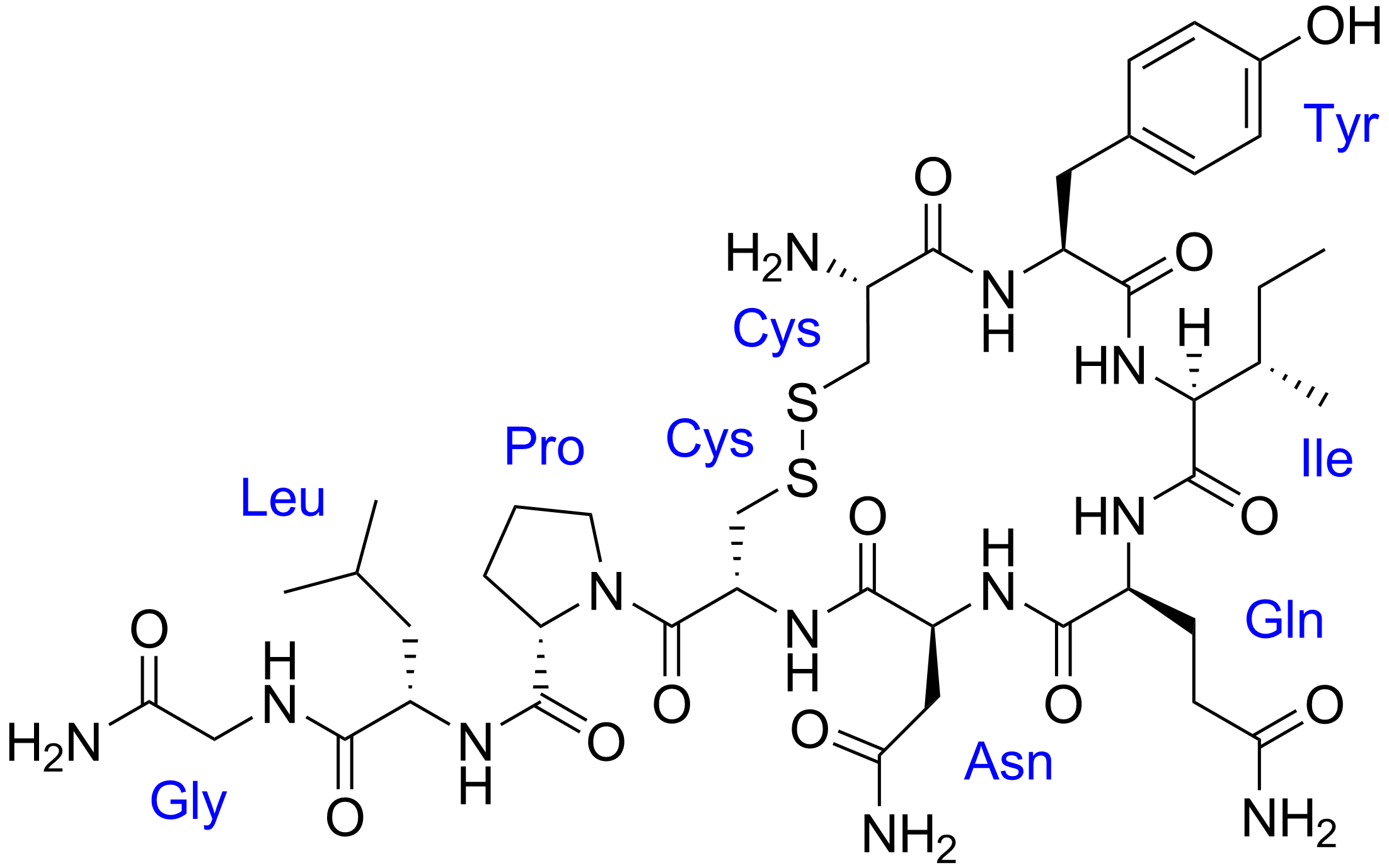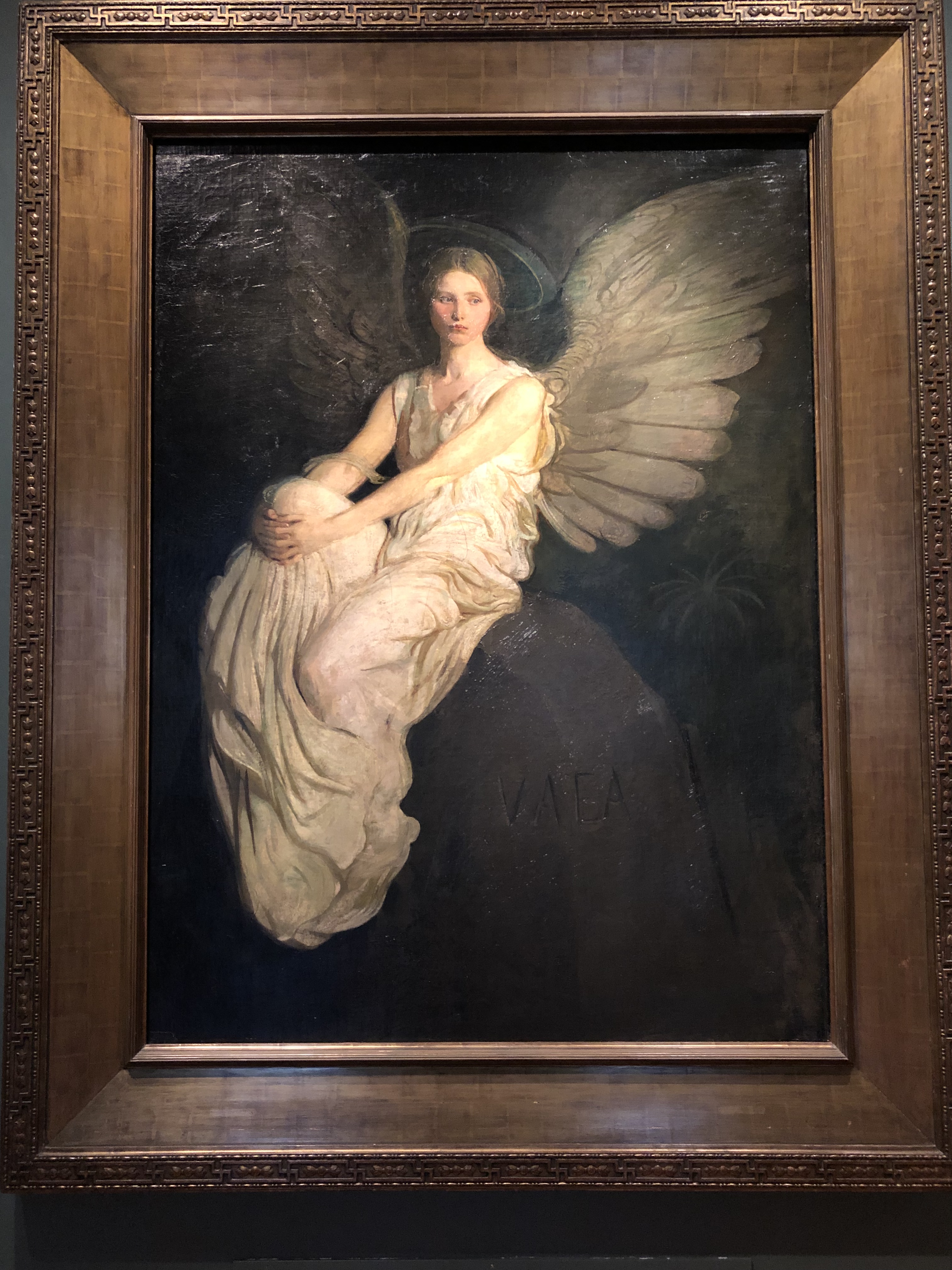“You are in transition,” she said.
I had changed my life, leaving a world in which I was relatively secure and not writing. I had made walls for myself to hang paintings and prints, in which friends could visit, and my daughter could stay three nights a week. Like the song says, this was not my beautiful house, this was not my beautiful life. There are a thousand, no a million people who would have doggedly pursued the life they made, the life I created. I was a principal, a teacher, a program director at my church. And I felt profoundly unsatisfied.
Just recently, I finished teaching Joyce’s “The Dead.” Again. I pointed out to my students that the whole point of literature is to learn about life. In “The Dead,” Gabriel Conroy is an English teacher; he has, for all his life, read and learned about life. And yet, when life comes at him, he fails. He is stuck—beautifully stuck if we believe that the story’s closing coda is his thought. Yet stuck he is, like the “never-to-be-forgotten Johnny” going round and round the monument of King Billy. And if the beloved Gabriel, the angel of the Annunciation, the deliverer of the good news, is stuck, what hope have we?
I was stuck.
I had set out on a course years before and had finally begun my way back. I had started writing—nonfiction, but words are words—and I began to reapportion my responsibilities. I left my jobs and my home.
“You are in transition,” she said; it was not a compliment.
When I think about literature, which I often do, most of the lessons are about managing change or how to change well. The ponderous chain that Scrooge girded on with his own two hands represents one form of paralysis: bondage of the heart and soul. Odysseus stuck on Calypso’s Island is a variation; the prison of our hopes and dreams can be ecstatically pleasant. In her book of poems Dream Work, Mary Oliver acknowledges the pain and weight of abuse and her need to live on despite that weight. Either we recognize “What good does it do to lie all day in the sun loving what is easy?” or we simply resort to the easy. Sometimes the weight is what is easy. Habit is like that.
Writers must have habits. In the end, no matter what we write, we must write—every day. But we must also write outside the narrow band of habit, beyond the immediate limit of what we already know. This—pushing the limits—is not true of all writers. Some work the known to great effect and profit. While I recognize the value of profit (Mr. Dickens tilled his well-worn field to fame, as have most successful authors), I come to writing as a way of discovering
I have discovered this: I must mine uncertainty. I have friends who claim that when they begin a novel, they know the last line and write toward that goal. I tried that, and it did not work for me. I tried and tried and mapped and mapped and was stymied. I lost faith and put my efforts into other work, into another life. The work was good and meaningful, as was the life. Still, I felt unfulfilled; a promise went unmet. Maybe I needed to suffer that loss (maybe) to find the spring. What good would regret do now?
Gabriel regrets. Marley regrets. Peter Walsh regrets. I had tried that too easy suit as well. I took it off.
I began without even so much as a first line. I charged in and kept going. I churned through a hundred thousand words. Not a day passed when I knew where I was going. I trusted the process. “I learned,” as Roethke wrote, “by going where I had to go.” And that’s the point—I had to go. While I fill my life with routines, as long as I conserve enough energy and joy for the project at hand, the writing surprises me. That is how I must proceed. Surprise is met on uncertain ground, and there it is I must go.
“You are in transition,” she said, and yes, I am. I must make peace with that—that my method needs me to be ever in the air, landing where I need to be for a year or a minute, long enough to write for a day and a month and the rest of my life, and then, always, casting my lot with chance and discovery. The old song commends “to turn, turn will be our delight/‘Till by turning, turning we come round right,” and, yes, this is the simple lesson I have learned—and which I have fought against too often in the past.
There are risks to this: to be always turning. But holding tightly to the chains also presents a risk—and a certain one. Back into the maelstrom I must go. Time to turn.

Will this work for you? Will change and uncertainty produce a sudden outpouring of words? I do not know. I do know that surprise is what brought me to literature in the first place. Writing that made the world bigger than it was before I started reading kept me reading. Is that true for you as well? Perhaps you seek confirmation and affirmation. I understand the gravity of both, and that may well be what you need. Or, you may already know what makes the world larger. Maybe you are sure about that. Then perhaps we are different kinds of writers and this advice is lost on you.
If not, in spite of yourself, in spite of your routines, charge into the unknown. Embrace uncertainty. And write.


 And so, I revisit places—the Calders at the National Gallery of Art remind me of the value of clean lines, whimsy, and balance (always balance!). In spite of the heartache, there is beauty—beauty made by hands, not simply discovered in nature. Although that beauty too—the changing fall colors, the scent of the season even as I walk on the National Mall—fills my sails with new wind.
And so, I revisit places—the Calders at the National Gallery of Art remind me of the value of clean lines, whimsy, and balance (always balance!). In spite of the heartache, there is beauty—beauty made by hands, not simply discovered in nature. Although that beauty too—the changing fall colors, the scent of the season even as I walk on the National Mall—fills my sails with new wind.



